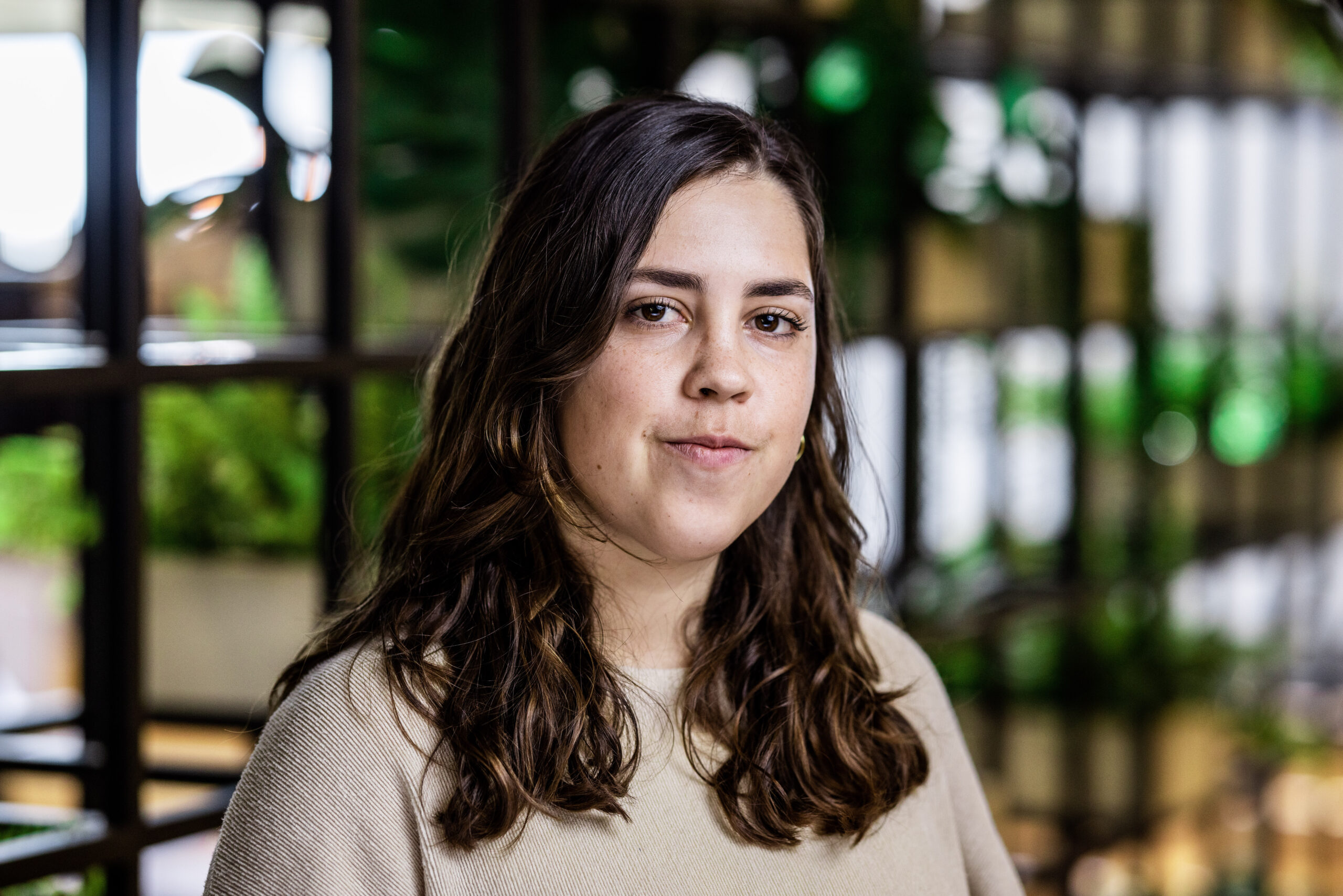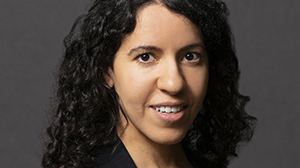Q&A with Educational Programs Coordinator Brandon Cestrone
Brandon Cestrone, Liberty@Work® program coordinator (and 2012–13 Koch Associate Program alum), shares some thoughts on this year’s class, the exciting new Web platform that will improve remote class participation, and what participants can expect moving forward.
What are you looking forward to most with the L@W® 2015–16 class?
This year’s class is very impressive. We have about 48 participants from 20 states who are pursuing different career paths, including development, policy, communications, grassroots work, program management, and operations. Each individual comes into this program with a variety of backgrounds and years of experience. I’m most excited about how this will translate into class interactions, especially our Market-Based Management® team projects. When you have a number of different perspectives mixed into a culture of challenge and feedback, you can experience some pretty awesome discussions. I want this class to embrace challenge and have powerful learning moments that stick with them throughout their careers.
What are some new aspects of the curriculum you are especially excited to launch?
One of the big takeaways from my recent research on instruction design is that to encourage learning moments, you need a learner-centric, performance-based curriculum, along with clearly measurable learning outcomes. Each participant comes into our program with his or her own priorities and attitudes. The million dollar question is how can we open their minds to new ideas and mindsets? Telling Ain’t Training teaches that there are some proven principles that can help us solve this problem. We need to communicate to students what’s in it for them, we need to factor their learning experience into the design and delivery of our trainings, we need to give them autonomy over their learning, and we need to focus on skills that are relevant and actionable for them in their professional lives. That said, we plan to offer more time for the students to practice applying these management and leadership skills to real-world problems that they will encounter. We want students to demonstrate learning in the areas that they find valuable.
Can you talk a little bit about the new platform that will be introduced this year?
We think participants should be active in the learning process. I know most of us have experienced the dreaded lecture hall, which can feel very impersonal and painfully dull, and L@W wants to change that experience. Our new learning platform, Schoology, offers many opportunities to hand over the keys that drive the learning experience. It essentially serves as an interactive portal to manage student-paced deliverables and collaboration outside of Wednesday’s interactive classes. If students engage with the materials outside of class and have autonomy over their learning, we can focus more on the fun stuff like role playing, problem solving, and higher-level activities on Wednesdays. Even though it won’t solve all the challenges a program lead and instructor face, this platform can substantially improve the overall learning experience.
What is some feedback from the previous class you are implementing?
Some of the feedback we received from last year’s class was that participants highly valued the summits and networking opportunities. We’re looking to promote more of that throughout the duration of the program both through Schoology and through more networking activities during summits. Another piece of feedback was that a Wednesday class time could sometimes feel unengaging. I’ve worked with some great people in the field to build out a strategy to improve our live, interactive sessions. It’s easy to zone out during a virtual lecture; I’ve been there before! Part of the difficulty is that there’s a temptation to take an in-person workshop and think it will successfully transfer to an online platform, but to deliver better quality, there needs to be changes to accommodate the realities of virtual learning. Attention spans are shorter online, it’s more difficult for instructors to receive non-verbal feedback when they are speaking to a screen, and it’s harder for students to share their thoughts. We’re introducing some pretty cool technology that will allow us to foster a culture of using webcams and participating in the classroom, as well as fruitful discussions throughout the week.
What advice would you give to someone looking to participate in L@W?
If you’re interested in a challenging, yet rewarding learning experience, check us out! We offer professional development that will help take you to the next level in your career.


